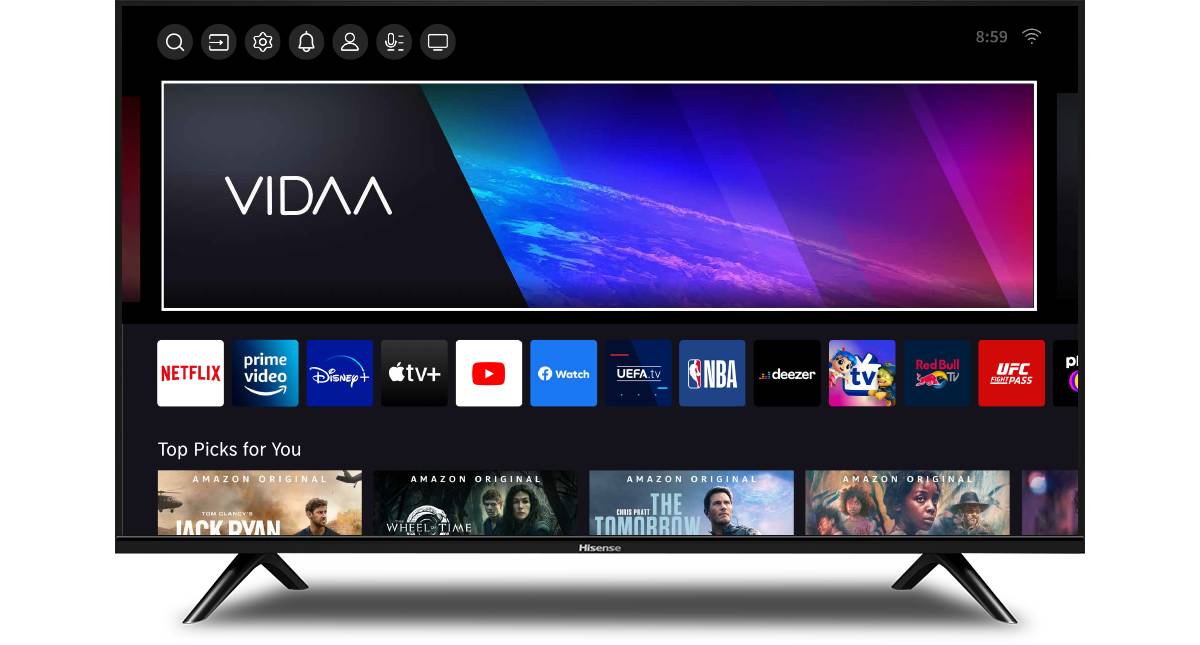 The French IPTV market is renowned for being the most world’s most advanced, at least in terms of market share. Last year Ofcom’s International Communications Market Report stated that over a quarter of primary French TV sets now receive content delivered via IPTV. One of the sell-side video ad management companies who have been making great strides into the French market has been Videoplaza, who have just added Hi-Media and Next Interactive Media to a client portfolio that already includes M6, Canal+, Meteo France and Advideum. VAN spoke with Rags Gupta, COO at Videoplaza, about the state of the Frech market, and how broadcasters are packaging their IPTV inventory — as video inventory or as TV-style audiences?
The French IPTV market is renowned for being the most world’s most advanced, at least in terms of market share. Last year Ofcom’s International Communications Market Report stated that over a quarter of primary French TV sets now receive content delivered via IPTV. One of the sell-side video ad management companies who have been making great strides into the French market has been Videoplaza, who have just added Hi-Media and Next Interactive Media to a client portfolio that already includes M6, Canal+, Meteo France and Advideum. VAN spoke with Rags Gupta, COO at Videoplaza, about the state of the Frech market, and how broadcasters are packaging their IPTV inventory — as video inventory or as TV-style audiences?
Congratulations on the new partnerships in France. Could you give a little bit of background on what you’re seeing happen in the French market?
France is one of our best markets and we’ve got a great position there after picking up some great momentum there last year. The French market isn’t known for being the easiest market for software companies to break into, so it’s nice to see our business progress there and customers signing up. IPTV is very widely adopted in France and a lot of our customers, particularly on the broadcast side, are seeing some pretty high degrees of adoption of non-PC traffic — well over half of our customers’ traffic there comes from non-PC devices.
So are you actually serving ads on linear IPTV as well, or is your business mainly on the VOD side of things?
Yes, we’re serving ads into IPTV environments and that’s very much part of our USP of being able to manage audience and advertising across screens.
With IPTV, are French broadcasters/publishers offering the full range of targeting and audience segmentation options that are typically used online, or are they more inclined to package their inventory as TV audiences?
For the most part, inventory tends to be packaged in a similar manner to TV. But we know the market is moving to a much more granular, data-driven approach to targeting and audience-based selling.
However, how video is sold also depends on how agencies organise themselves to buy. There are a percentage of agencies and buyers who are buying through their TV buyers, and there are others who buy through the digital part of their organisation. So the tools and the metrics that they expect will vary based on who you’re actually pitching to.
At the moment, this situation is in flux. If I were to suggest that video should have a natural home in an agency, I’d be inclined to think it would more likely to be aligned with TV. People in TV are used to telling stories and getting messaging across using moving images, whereas it’s still relatively new territory for digital.
Have the Latest Industry News and Insights Delivered to Your Inbox Weekly
Do you think people in digital are properly tuned in to what major brand advertisers are trying to achieve? Is digital a little too focused on measuring short-term performance perhaps?
I think you’re seeing an industry changing, so there are initiatives out there that are trying to unifying metrics like GRPs and online metrics. I think we’re going to see more of those as we need them to build advertiser confidence.
In the Swiss market, we saw a situation where they tried to unify the metrics, but they discovered that broadcast is not nearly as watched as people thought originally. So a lot of people freaked out about that and said, ‘Wait a second, this must be wrong, so we should go back to the drawing board.’ I think sometimes broadcast isn’t being watched quite as much as some people like to think.
What about French consumer behaviour? Are there any behaviours unique to France?
In terms of things like engagement and things like CTR, it’s similar to most countries. But it’s interesting how the French are often early adopters of new technologies. Take for example, their Minitel network, which was a precursor to the Internet. Then they’ve done the same with IPTV, so it’s fair to say they often do things differently and they’re exceptionally willing to experiment with new devices. I’d say the only comparable companies in Europe would be the Scandinavian/Nordic countries.




